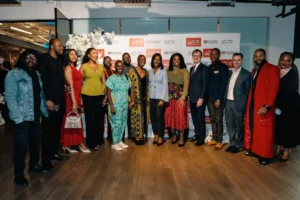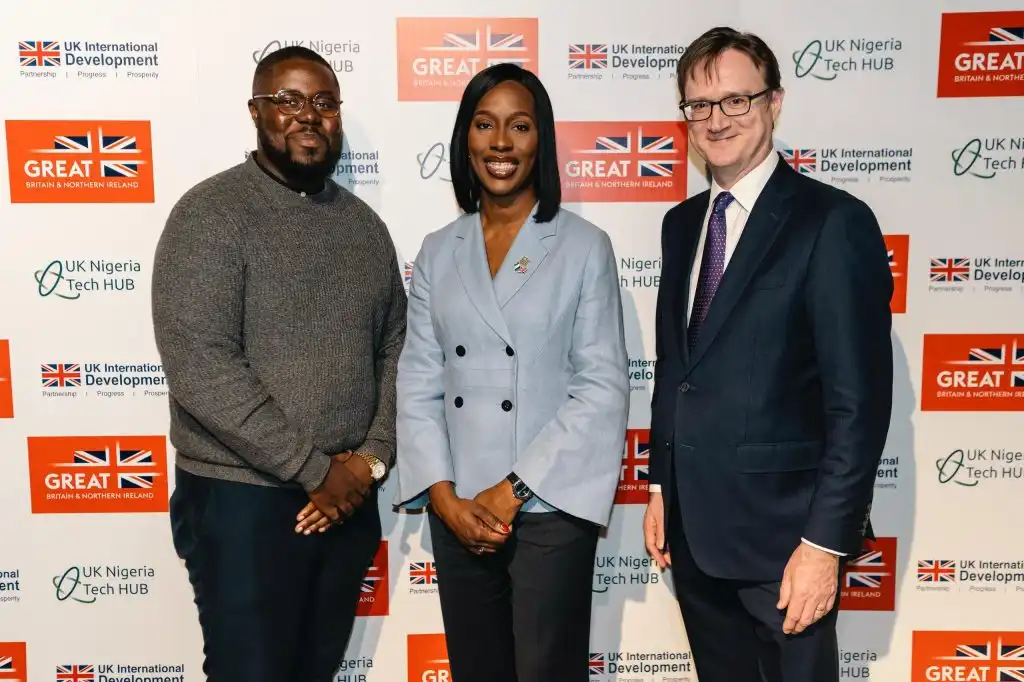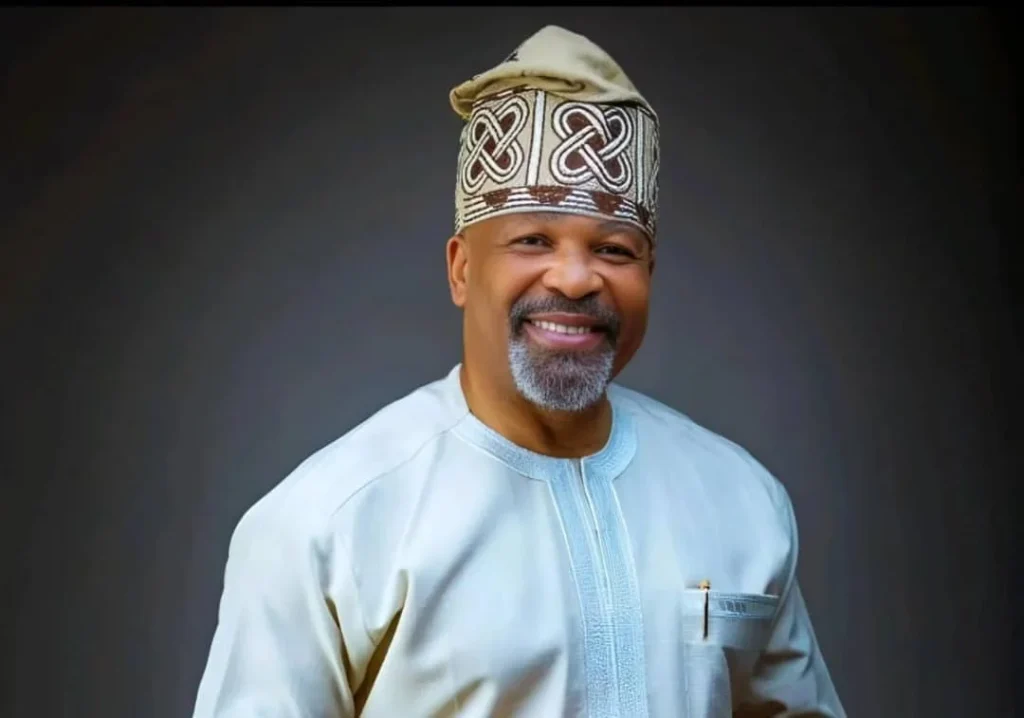In March 2025, the United Kingdom and Nigeria inaugurated the Creative Industries Technical Working Group, a joint initiative developed under their Enhanced Trade and Investment Partnership (ETIP). The launch in London coincided with a matchmaking forum that connected creative sector leaders from both countries, signifying a concrete commitment to cross-border trade and cultural exchange.
Driving Cross-Border Innovation and Collaboration
This working group responds to shared ambitions in strengthening partnerships across creative sectors. Areas of collaboration include film and television, music, fashion and design, architecture, advertising, and gaming. By bringing together diverse stakeholders, policymakers aim to unlock new commercial opportunities, stimulate innovation, and build long-term economic value.

Immediate Agenda: A 2025 Roadmap
Representatives from both nations agreed on a shared Terms of Reference and work plan for 2025, marking the group as a proactive, action-oriented platform rather than a symbolic assembly. This roadmap outlines initiatives such as co-production frameworks, joint skills training efforts, market access facilitation, and investment pipeline formation within priority creative subsectors.
Leadership from Both Sides
The working group benefits from co-chairs from each country: the UK’s Trade Envoy to Nigeria and Nigeria’s Director General of the National Council for Arts and Culture (NCAC). Their statements emphasized longstanding cultural connections and the shared potential of creativity to support digital trade, export growth, and job creation.
Creative Matchmaking: Connecting Industry Leaders
The launch included a curated networking event designed to foster strategic partnerships between UK and Nigerian creatives. Participants represented a broad spectrum—from music producers and fashion designers to screenwriters and game developers. These sessions provided fertile ground for pitching joint ventures, distribution collaborations, and co-investment models.
Economic and Cultural Rationales
Nigeria’s creative economy—anchored by Nollywood, Afrobeats, and thriving fashion and design sectors—has emerged as a major global cultural influencer. Nigeria represents a high-growth creative market, while the UK brings institutional strengths in finance, intellectual property frameworks, and global distribution. The working group aims to fuse local storytelling with global market expertise to scale creative exports on both sides.
Expected Benefits and Broader Impact
The initiative targets several key outcomes:
-
Bilateral trade growth: Facilitating rights sales, co-productions, live events, and digital content across borders.
-
Employment expansion: Generating jobs in fashion hubs, film sets, architectural practices, and tech-enabled creative ventures.
-
Institutional deepening: Strengthening structures and regulatory frameworks to support creative entrepreneurs.
-
Cultural diplomacy: Leveraging shared narratives to enhance international visibility and soft power.
Building on Prior UK–Nigeria Creative Investments
This working group complements the recent establishment of a ₦1.5 billion Creative Sector Fund in partnership with the UK government, finance institutions, and private investors. That fund supports export-ready enterprises in fashion, film, music, and digital art, offering capital and advisory assistance to expand production and global engagement.
Regional Relevance and Broader Creative Momentum
Special events held in London—such as a UK-hosted conversation at the House of Lords between Nigerian cultural leaders and international stakeholders—reinforced thematic collaboration. These forums spotlighted Nigeria’s growing role in Africa’s cultural landscape and recommended policy alignment with broader continental initiatives like co-production treaties and distribution agreements.
Risk Landscape and Operational Challenges
Successful outcomes depend on addressing structural bottlenecks such as:
-
Weak copyright protection
-
Fragmented payment and digital infrastructure
-
Limited financing options for SMEs in creative sectors
-
Skills gaps in filmmaking, design, and digital production
The working group’s mandate includes creating mechanisms to tackle such constraints, including shared training initiatives, advocacy for stronger IP regimes, and structured investment facilitation.
Monitoring Progress and Future Milestones
Following 2025’s work plan, the group plans to convene quarterly to review progress in areas such as:
-
Shared financing platforms and investment vehicles
-
Cross-border content licensing partnerships
-
Pilot co-productions or joint ventures in film, fashion, or music
-
Exchange programs for designers and creatives
Stakeholders also expect annual summits to spotlight success stories, track trade outcomes, and expand engagement.
Broader Context: Creative Economies as Growth Engines
Globally, creative industries are driving economic growth, cultural exchange, and tourism revenue. An emerging narrative positions creative trade as essential to diversified economic strategies. Similarly, Nigeria and the UK view this working group as foundational to creative exports, including Nollywood’s potential reach, Afrobeats’ global traction, fashion’s influence, and game development momentum.
Summary
The UK–Nigeria Creative Industries Technical Working Group represents:
-
A landmark under ETIP to institutionalize cultural and creative collaboration
-
A platform for bilateral creative matchmaking and business development
-
A roadmap backed by a clear 2025 work plan, funding instruments, and high-level leadership
-
A strategic bridge between Nigeria’s creative diversity and UK’s global infrastructure and expertise
Conclusion
The establishment of the Creative Industries Working Group marks a pivotal step toward unlocking Nigeria’s cultural economy and forging deeper bilateral creative partnerships with the UK. With shared planning, cross-sector dialogue, and investment alignment, this initiative offers a credible pathway to scaling content creation, working collaboratively on global storytelling, and driving sustainable economic growth across creative domains.





